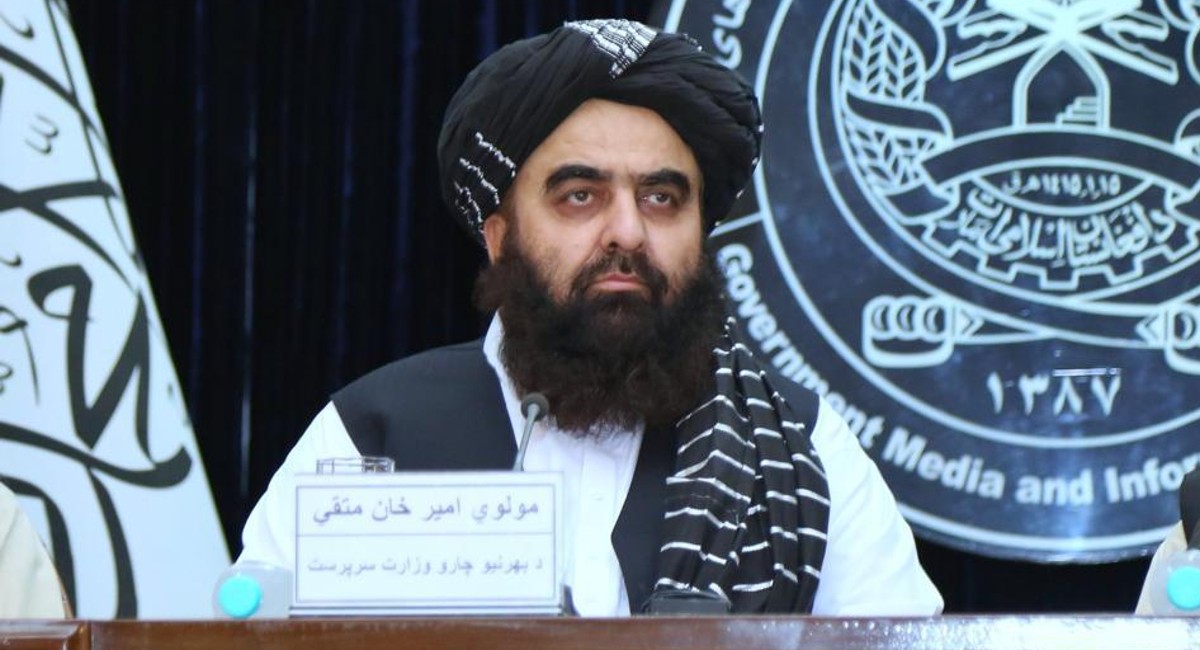Amir Khan Muttaqi, the acting foreign minister of the Taliban, downplayed the international community’s demand for an inclusive government in Afghanistan, describing it as a “vague request” following the Moscow format meeting in Russia on Sunday.
The establishment of an inclusive government was a central demand raised by numerous participants in the Moscow format.
“This is a request that has not been adequately explained to us. No one has provided an example from the region, the world, or Afghanistan’s previous governments. It remains an unfamiliar request,” Muttaqi stated in an interview with the BBC.
Another component of Moscow’s demand from the Taliban was to uphold the rights of women and girls, including their right to work and education. Muttaqi, however, categorized this issue as an internal matter for the country, emphasizing that it would be resolved thoughtfully to prevent disputes.
“Each country has its unique challenges and priorities. Our objective is to ensure that our actions do not lead to conflicts. We are actively seeking a rational solution, even if it involves a delay, to ensure safety and avoid controversies,” Muttaqi explained, as quoted by the BBC.
Meanwhile, some women, objecting to the Taliban’s stringent policies and restrictions, argue that the Taliban has not paid adequate attention to securing the rights of women and girls. They call for practical pressure to be exerted on the Taliban during such meetings.
“If the world desires to safeguard the rights of Afghan women and girls, pressure on the interim government (Taliban) must intensify. This will prompt them to grant the rights of women and girls,” remarked Maria Noori, a member of the Afghanistan Women’s Unity and Solidarity Movement.
The international community has consistently urged the Taliban to adhere to human rights principles, particularly those related to women, girls, and religious minorities, and to establish an inclusive government in order to gain global legitimacy. Nonetheless, Muttaqi has continuously asserted that the world’s demands lack clarity.
“Governments cannot, with a dictatorial and corrupt structure, present national and freedom-oriented programs domestically and advocate for the United Nations Charter and the Universal Declaration of Human Rights on the world stage,” noted Mohammad Isa Ishaqzai, the head of the Afghan National Congress Movement, a political organization.
In a different part of the conversation, Amir Khan Muttaqi commented on recent criticisms by the Prime Minister of Pakistan’s transitional government against the Taliban. He attributed these criticisms to a lack of familiarity with their new responsibilities.
In recent weeks, Pakistan’s acting prime minister has blamed the Taliban for escalating threats from the TTP within his country.





